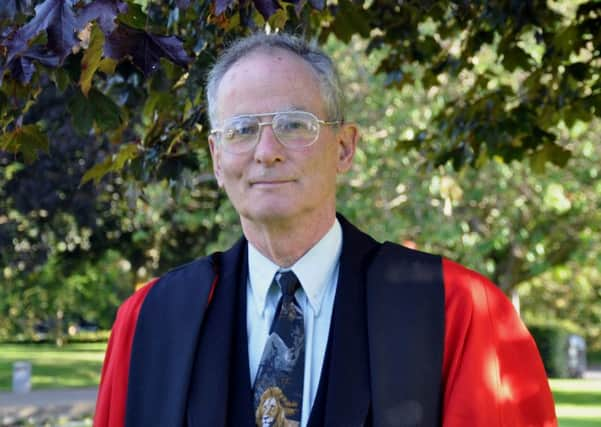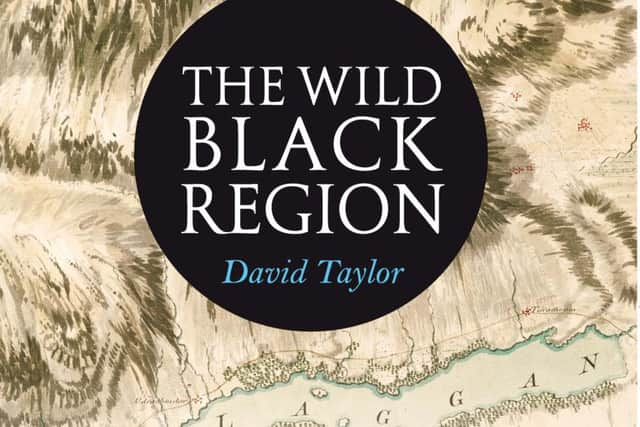Forgotten Highland region's history finally brought to life


But, to one man, the region of Badenoch is one which - until now - has been forgotten in the overall historical context of Scotland’s north.
Former Kingussie High School principal teacher of history David Taylor decided to change that, and has now published a book aiming to right that wrong.
Advertisement
Hide AdAdvertisement
Hide AdThe Wild Black Region: Badenoch 1750-1800, is, he says, the first dedicated publication documenting the history of this region during this period.


He told The Scotsman that his study revealed Badenoch’s history to be radically different from the trends generally perceived to operate across the rest of the Highlands.
He added: “Badenoch was not caught up in the Clearances in the same way as Sutherland and the west of Scotland.
“However, they are the areas that get much of the attention when in comes to the history of Scotland. But other areas developed differently.”
Dr Taylor explained that, crucial to Badenoch’s development, was the entrepreneurial role played by the indigenous tacksmen - the clan’s officer class - in driving the rapidly growing commercial economy as cattle graziers, drovers and agricultural improvers.


This inevitably provoked confrontation with the absentee landlords, the Dukes of Gordon.
Of these tacksmen, the notorious Iain Dubh Macpherson (‘the Black Officer’) emerges from the book as a local whirlwind - soldier, recruiter, farmer, drover, maker of dizzying speculations and taker of hair-raising risks.
Advertisement
Hide AdAdvertisement
Hide AdDr Taylor’s book also shows how ordinary folk continued to operate a subsistence farming economy heavily dependent on a surprisingly sophisticated use of their mountain environment.
Though suffering great hardship, they too were quick to exploit any potential commercial opportunities.
As economic forces, social ambition and post-Culloden legislation created intolerable pressures within the old clan hierarchy, people from all classes tried to forge their individual – and often irreconcilable – destinies in a rapidly changing world.
Bringing many local characters to life, Dr Taylor shows how Badenoch folk were drawn into the wider, and lucrative, British state and empire.
He spent five years studying and writing the book, as part of a Phd at the University of Highlands and Islands, after retirning from 30 years as a teacher.
Dr Taylor would love his publication to be the source of academic research in the future.
He said: “I certainly hope that it would be used within the university and perhaps some Highland schools.”
Advertisement
Hide AdAdvertisement
Hide AdDr Taylor graduated in Scottish Historical Studies from the University of Edinburgh and gained a PhD from the University of the Highlands and Islands while researching the book. Now retired, he lives in Orkney.
The book has been roundly praised by Dr Taylor’s fellow historians, including the man who encouraged him to undertake the project, Professor Jim Hunter of the University of the Highlands and Islands.
He pays tribute to Dr Taylor’s unique ability to record the region’s history.
He said: “Dr Taylor has lived and worked in Badenoch for many years. He knows the area inside out.
“He has walked the ground he writes about. His intimate knowledge of that ground – from the banks of the Spey to the sites of long abandoned sheilings in high mountain corries – adds substantially to the force and persuasiveness of his account of a district whose history has for far too long been unexplored.”
Dr Taylor will be taking part in launch event at the Garth Hotel in Grantown-on-Spey on 17 February and Talla nan Ros in Kingussie on 19 February.